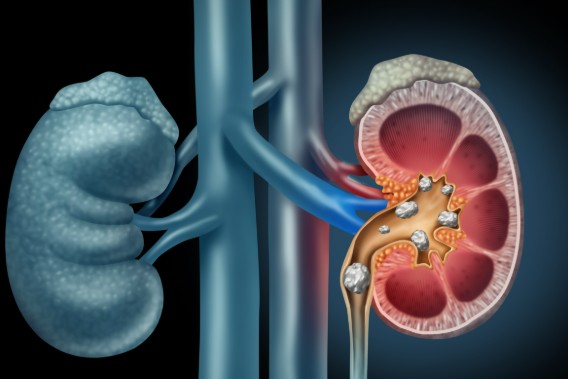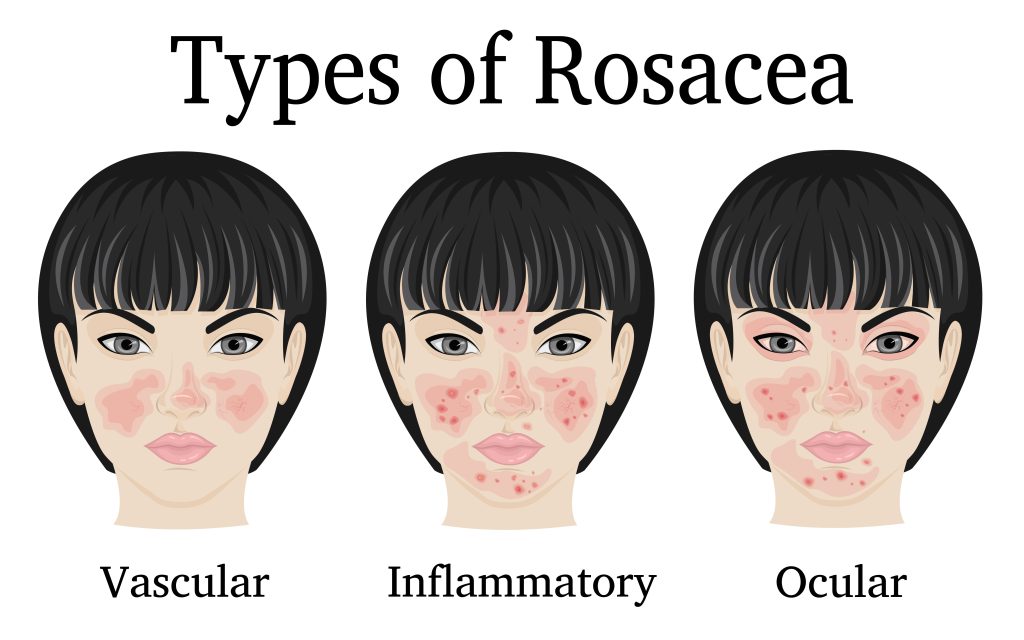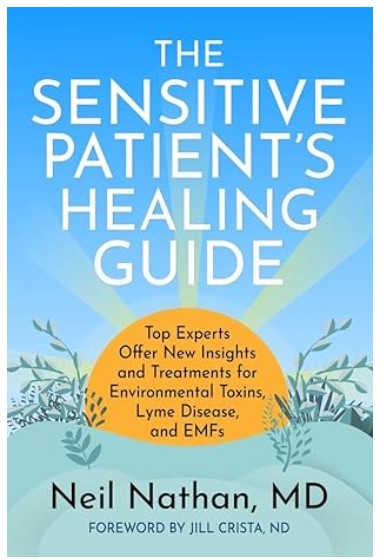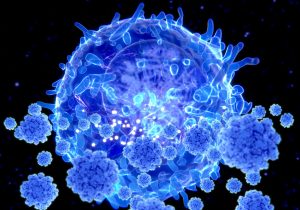I recently wrote a blog post about the “Cascade of More Diagnoses” with MCAS. I’ve recently added another diagnosis: Kidney Stones! This is one that I never thought I’d be writing about.
For those of you who read my blog, you may remember that I have an autoimmune diagnosis called IgA Nephropathy that affects my kidneys. This diagnosis is apparently independent of kidney stones, and isn’t linked to the production of stones from what I’ve been told. My mother had kidney stones in her 80’s from dehydration, so that shouldn’t made for a genetic link, also from what I’ve been told. So, I needed to figure out why I’m suddenly producing stones and what can be done about them.
I have been going through various testing, a CT scan, and meeting with doctors to determine the cause of the kidney stones and whether surgery will be necessary. The cause has come down to my limited diet, full of too much protein, as the culprit. As those of you with MCAS know, wanting to add new foods to your diet and actually being able to do so are two different realities.
I have a urologist who doesn’t understand, and quite frankly isn’t willing to learn, about MCAS. He thinks I just need to get on a medication “like the ones people take with an organ transplant” to stop my body from reacting. In the next sentence, he will make fun of me for being so sensitive and inquire why I can’t just drink orange juice. Geez! I’ve dealt with this kind of gaslighting and ignorance from doctors for years, but it still doesn’t make the experience any less frustrating. He’s known as an expert surgeon with kidney stones however, so for now I’m putting up with him.
Then, I have a nephrologist who is completely open to learning about MCAS and has been a lifesaver. He’s willing to allow me to determine how and when I’ll add more foods to my diet, and whether or not I’ll be able to tolerate medications like Allopurinol to lower the uric acid in my system. I wish all doctors were like him, and I’ve told him such.
The nephrologist has the job of determining what’s causing the kidney stones and how to cease them from reoccurring. The urologist will determine what to do about the two large stones that are currently embedded in the walls of my kidney and whether “blasting” them, taking medication to shrink them, or going through a surgery to remove them is the best course. For now, I’m not willing to do anything invasive, and medication is a tough choice. I’m drinking more water and waiting to meet with my urologist in a few weeks to get his opinion.
My mast cells have gone crazy with the passing of the kidney stones, no doubt thinking that they need to protect me from this force from within. I’m grateful for Benadryl, but taking it makes it difficult to carry on with life. Mast cells are wonderful when they behave correctly, but goodness they can create a firestorm when they are activated and degranulating.
I am taking care of myself by sleeping more and letting my body do its best to move beyond the pain of the passing of the stones. Thank goodness for family and good friends to help me through the emotional piece of this also – getting another diagnosis isn’t what anyone wants!




